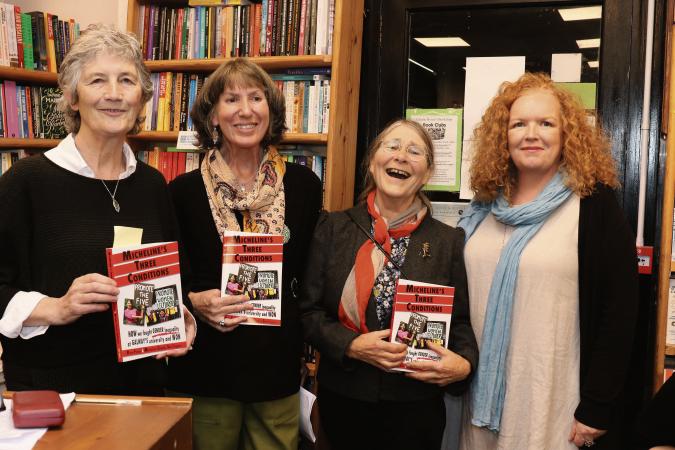Fitting tribute to courageous woman who won gender-inequality battle with NUIG
Published:
-
-
Author: Dara Bradley
~ 4 minutes read
From this week's Galway City Tribune
REVIEW BY DARA BRADLEY
Micheline’s Three Conditions: How we fought gender inequality at Galway’s university and won
An entry in the Irish Times ‘Corrections and Clarifications’ section on Saturday, January 24, 2015, was reprinted in the book Micheline’s Three Conditions: How we fought gender inequality at Galway’s university and won.
It’s worth sharing in full.
“A report in Wednesday’s newspaper on a students’ campaign for equality at NUI Galway (NUIG) quoted a statement by Dr Micheline Sheehy Skeffington that ‘some 85 per cent of the members of NUIG’s academic council, which appointed the president and the promotion boards, were male’.
“NUIG says Dr Sheehy Skeffington is incorrect in that the academic council is 80 per cent male, 20 per cent female, and its governing body appoints the president and the promotions board.”
Of course, NUIG as University of Galway was then known, was entitled to correct the record. But confirming that men made up 80 per cent of its academic council wasn’t the win the university perhaps thought it was, and brought even more attention to the gender imbalance they were trying to minimise. Stop digging lads, and all that.
The clarification, though, did highlight how obstinate the university was in defending the status quo and rejecting the premise that gender inequality prevailed in its academic promotions.
The authors of this book, journalist Rose Foley, and Micheline Sheehy Skeffington – the story’s main protagonist – hint that much of that stubbornness and reluctance to change was attributable to the university’s then President, Dr James Browne.
The book’s index shows that Dr Jim Browne features on more than 40 of its 200-odd pages. Risking clarifications about percentages, that’s roughly 20%.
So, an interview with the now retired university chief – a sort of boogie man who permeates the narrative, the face of ‘gender inequality at NUIG, as it were – might have been illuminating. And yet we don’t hear directly from him.
We don’t hear either from the five female academics who, like the granddaughter of suffragette Hanna Sheehy Skeffington, were overlooked for promotion because they were women. They consented to their stories being told, but legal advice prevented them from giving their own accounts.
It’s still a compelling story, though, well told. At times the minutiae of the who did what, or who thought of such and such idea feels superfluous, even if it’s intended as a generous hat-tip to people who supported the campaign and made it a success.
But the book’s central aim – to highlight the courage, integrity and resilience of Dr Micheline Sheehy Skeffington, and the five women who were overlooked for promotion due to institutional gender inequality – has been achieved.
It’s very accessible to casual readers and to those unfamiliar with Ireland, and serves as a worthy reminder of the twists and turns of this modern struggle for justice.
Its strength is the strength of the discrimination case that the pioneering feminist won. Even for those familiar with it, it is quite shocking to read again how in Ireland in 2009, a lecturer was not promoted because she was a woman, and the detail of how that was proven.
Dr Sheehy Skeffington won €70,000 from the Equality Tribunal case and ploughed that into the four-year campaign for justice for her five colleagues, similarly overlooked.
How media was used – and at times manipulated – by the campaign is interesting. So too are other tactics – getting politicians onboard, canvassing wider support from students and staff, cartoons, yellow t-shirts, and public concerts. They’re transferable and of use to other campaigns.
At its heart, this book is a fitting tribute to the rebellious Dr Micheline Sheehy Skeffington and a celebration of her determination and persistence to right a wrong.
Pictured: Authors Rose Foley and Micheline Sheehy Skeffington (second and third from left), pictured with Deputy Catherine Connolly, who launched the book at Charlie Byrne’s Bookshop, and Siobhán Quinlan from the University of Galway.
More like this:
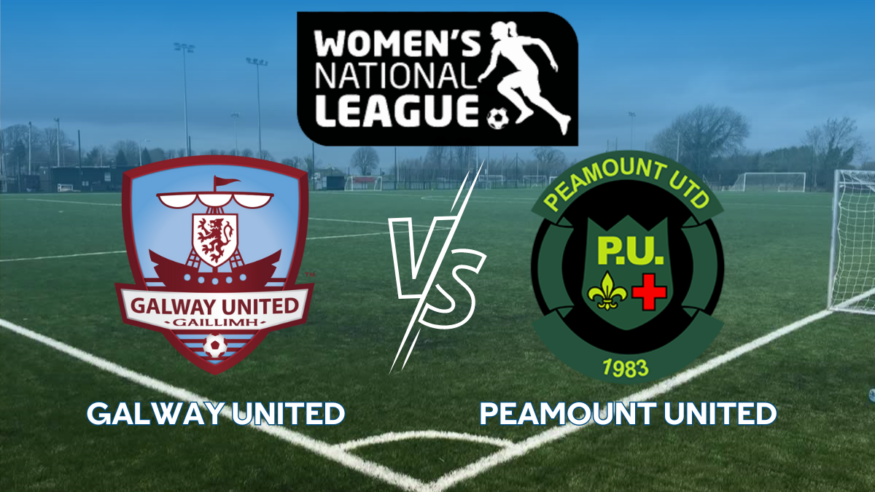
Galway United Women remain unbeaten – The Manager’s Reaction
Galway United Women remain unbeaten and top of the Women’s National League following a 0-0 ...

Galway City Autism Friendly Campaign Launches this evening
A Campaign to make Galway City Autism Friendly launches this evening in the Clybaun Hotel in Knoc...

Galway RNLI involved in rescue on Hare Island
Galway RNLI’s volunteer crew were involved in a rescue yesterday afternoon following a repo...

Galway City Museum to feature this evening in the RTE Series Ireland’s Hidden Treasures
An upcoming episode of RTÉ’s new gripping series, Ireland’s Hidden Treasures, will ta...
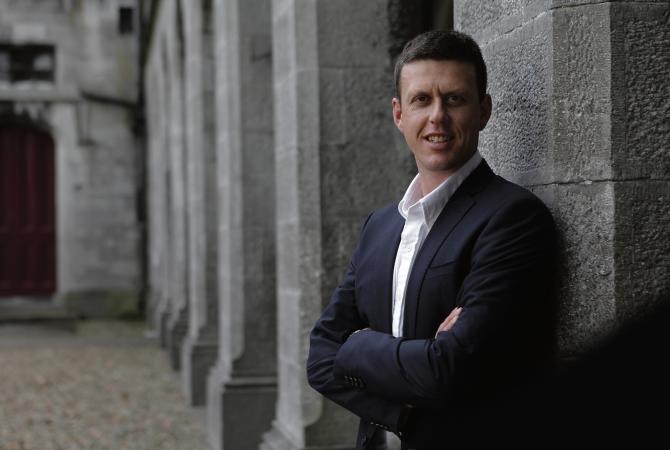
University of Galway study finds that seeing yourself on Zoom and Teams causes fatigue
A study of brain activity has confirmed users’ fears that viewing your own image on video confere...

Big turn-out for launch of Barna/Knocknacarra Irish Language Plan
A large crowd, young and old, gathered in Áras Mhic Amhlaigh recently for the launch of the Barna...
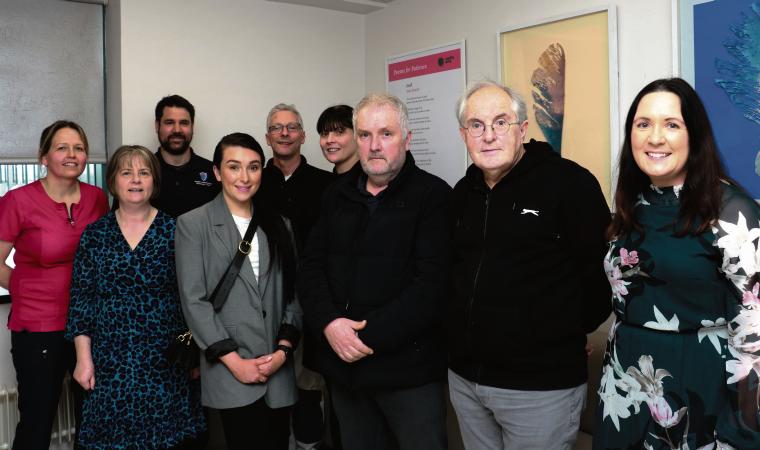
Organ donor families fund refurbished ICU Family Rooms in memory of their loved ones
Two family rooms in the Intensive Care Unit at UHG have recently been refurbished for use by fami...
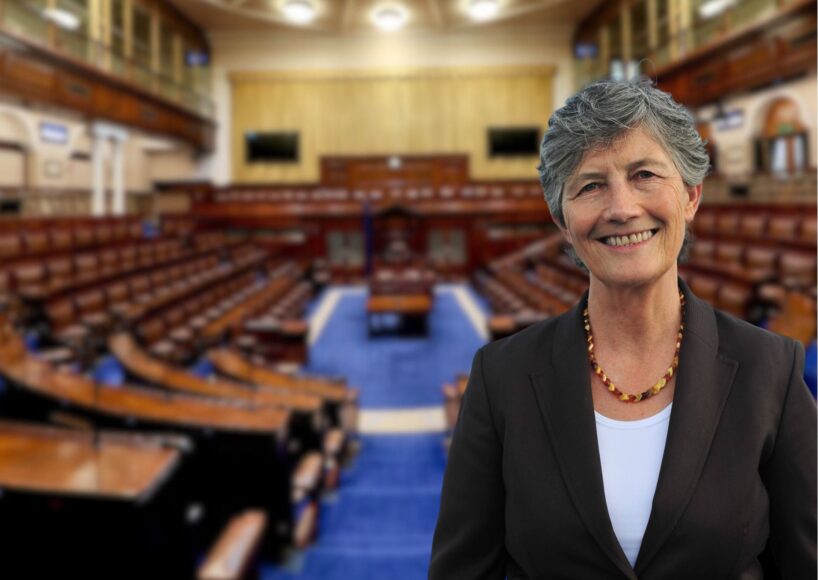
Catherine Connolly says “penny hasn’t dropped” with Government on meaningful climate action
The “penny hasn’t dropped” with the Government when it comes to the importance ...

Aquisition of Galway company creates largest renewable services
A leading Irish firm has acquired a Galway company, creating one of the largest renewable energy ...
Sign Up To get Weekly Sports UPDATES




